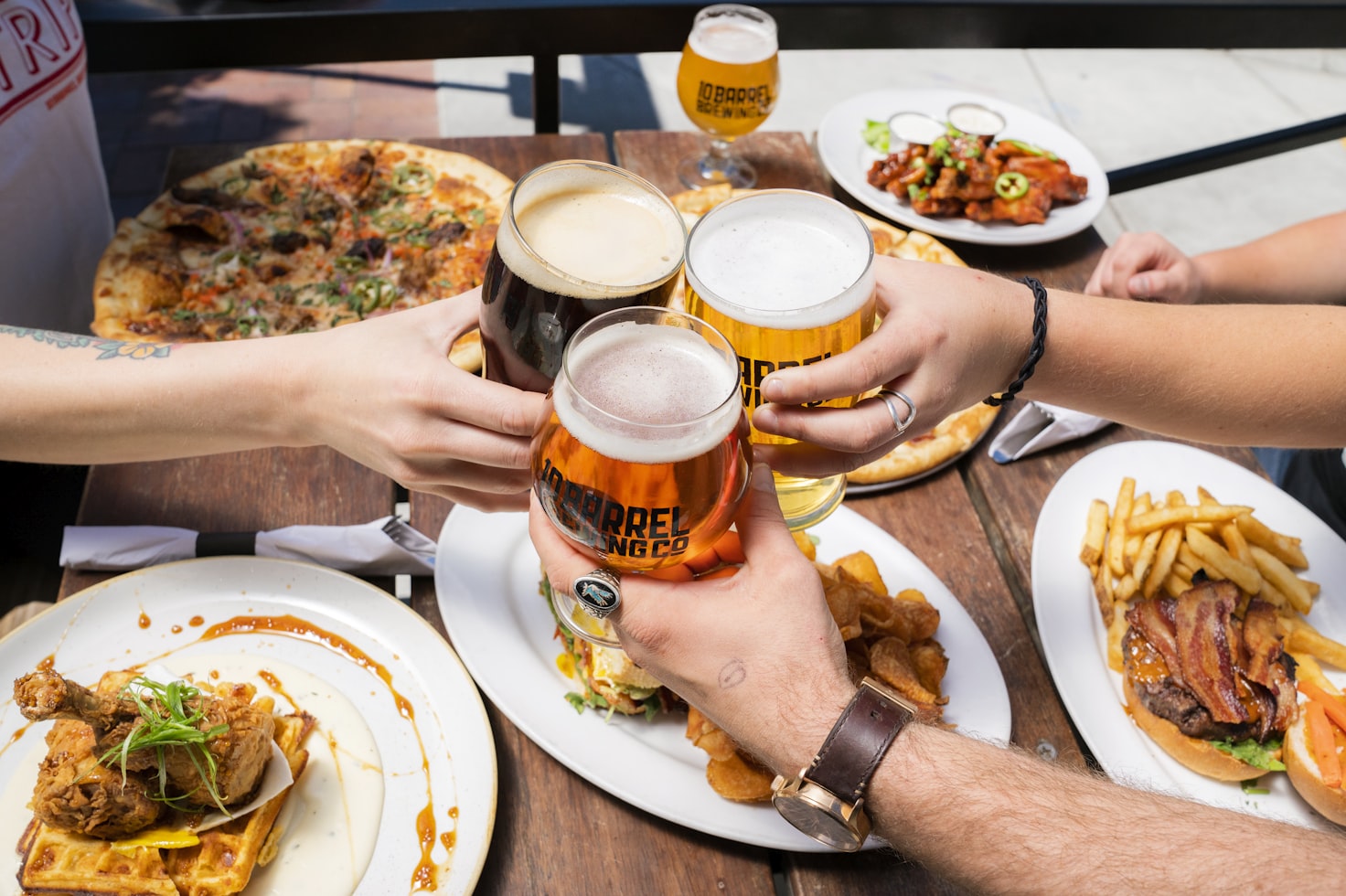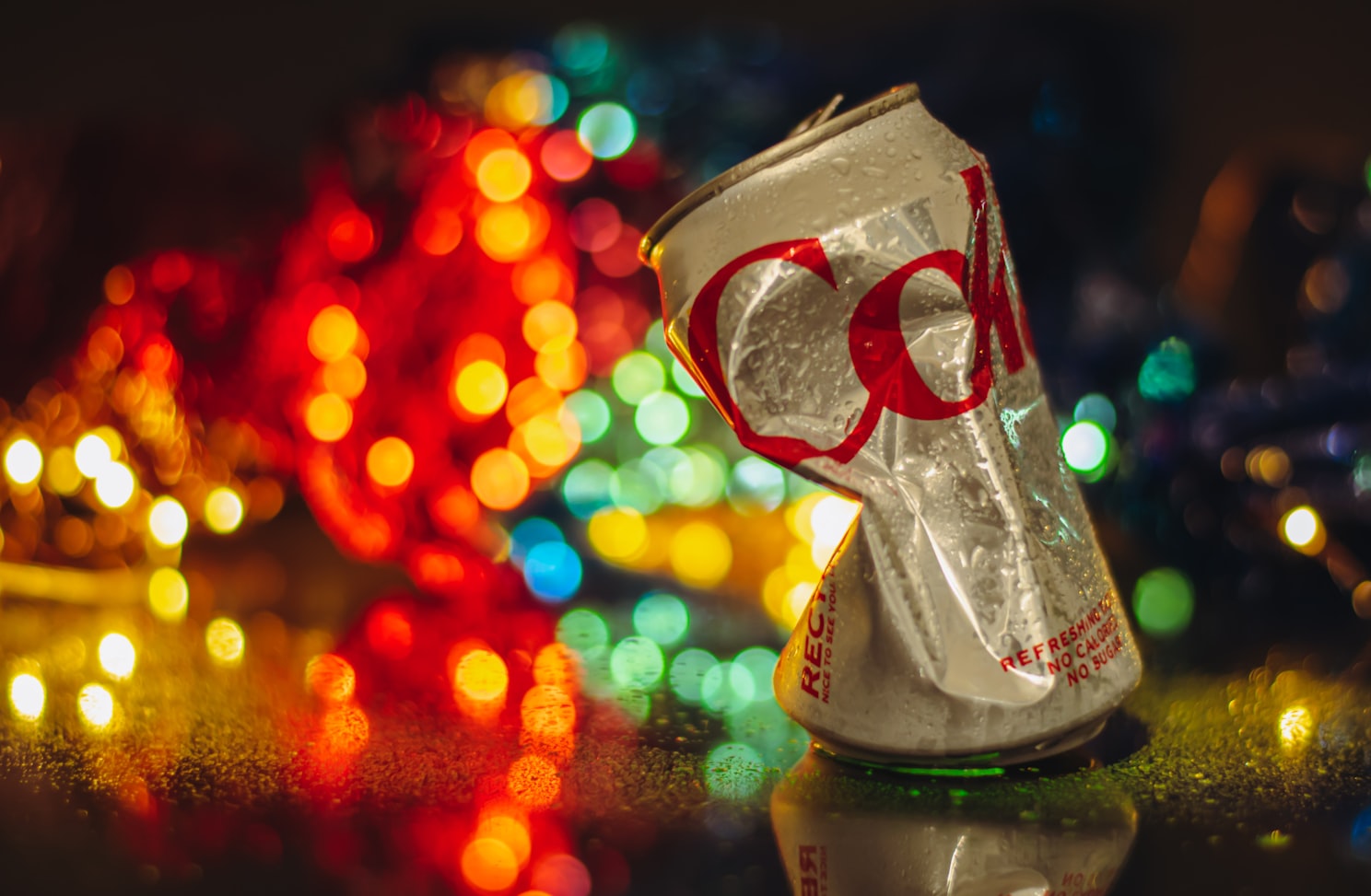Does Alcohol Stop Ketosis?
When following a ketogenic diet, one of the primary goals is to achieve a state of ketosis, where the body burns fat for fuel instead of carbohydrates. This metabolic state has been associated with numerous health benefits, including weight loss, improved mental clarity, and increased energy levels. However, many people wonder if consuming alcohol can disrupt ketosis and hinder their progress. In this article, we will explore the effects of alcohol on ketosis and provide valuable insights into how to navigate alcohol consumption while following a ketogenic lifestyle.
The Science Behind Ketosis
Before delving into the impact of alcohol on ketosis, it is essential to understand the science behind this metabolic state. When carbohydrates are restricted in the diet, the body turns to alternative fuel sources, such as fat, to meet its energy needs. This process leads to the production of ketones, which are molecules that serve as an efficient energy source for the brain and muscles.
Alcohol Metabolism and Ketosis
Alcohol is metabolized differently than other macronutrients, such as carbohydrates, proteins, and fats. When consumed, alcohol takes precedence in the metabolic process, as the body recognizes it as a toxin that needs to be eliminated. As a result, the liver prioritizes alcohol metabolism over other metabolic processes, including the production of ketones.
While the body is busy metabolizing alcohol, the production of ketones slows down or even halts temporarily. This interruption in ketone production can lead to a temporary pause in ketosis. However, it is important to note that the impact of alcohol on ketosis varies depending on several factors, including the type and amount of alcohol consumed, individual metabolism, and overall dietary habits.
The Effect of Different Types of Alcohol on Ketosis
Not all alcoholic beverages have the same impact on ketosis. Some types of alcohol contain carbohydrates, which can significantly affect blood sugar levels and potentially kick the body out of ketosis. Here are some common alcoholic beverages and their potential impact on ketosis:
- Spirits: Spirits such as vodka, whiskey, and tequila are generally low in carbohydrates and can be consumed in moderation without significantly affecting ketosis.
- Wine: Dry wines, both red and white, typically contain fewer carbohydrates than sweeter varieties. However, it is important to consume wine in moderation to avoid excessive carbohydrate intake.
- Beer: Beer is relatively high in carbohydrates due to its grain content, making it more likely to disrupt ketosis. Light beers or low-carb options may be a better choice for those following a ketogenic diet.
- Mixed drinks: Mixed drinks often contain added sugars or high-carbohydrate mixers, which can significantly impact ketosis. Opting for sugar-free mixers or choosing low-carb alternatives can help minimize the impact on ketosis.
Alcohol and Weight Loss on a Ketogenic Diet
Weight loss is a common goal for individuals following a ketogenic diet. While alcohol consumption can be enjoyed in moderation, it is important to consider its potential impact on weight loss progress. Here are a few key points to keep in mind:
- Alcohol is calorie-dense, containing 7 calories per gram. These calories can add up quickly, potentially hindering weight loss efforts if consumed in excess.
- Alcohol can lower inhibitions and lead to poor food choices, increasing the likelihood of consuming high-calorie, non-ketogenic foods.
- The body prioritizes alcohol metabolism over fat metabolism, potentially slowing down the rate at which the body burns stored fat.
While occasional alcohol consumption may not have a significant impact on weight loss, excessive or frequent drinking can impede progress. It is crucial to find a balance and make mindful choices when incorporating alcohol into a ketogenic lifestyle.
Frequently Asked Questions (FAQ)
1. Can I drink alcohol while on a ketogenic diet?
Yes, you can consume alcohol while following a ketogenic diet. However, it is important to choose low-carb options and drink in moderation to minimize the impact on ketosis.
2. How much alcohol can I drink without disrupting ketosis?
The amount of alcohol that can be consumed without disrupting ketosis varies from person to person. It is recommended to limit alcohol intake to one or two drinks and choose low-carb options.
3. Will drinking alcohol on a ketogenic diet slow down weight loss?
Excessive alcohol consumption can hinder weight loss progress on a ketogenic diet. Alcohol is calorie-dense and can lead to poor food choices, potentially slowing down fat metabolism.
4. Can I drink beer on a ketogenic diet?
Beer is relatively high in carbohydrates, making it more likely to disrupt ketosis. Light beers or low-carb options may be a better choice for those following a ketogenic diet.
5. How can I minimize the impact of alcohol on ketosis?
To minimize the impact of alcohol on ketosis, choose low-carb alcoholic beverages, drink in moderation, and opt for sugar-free mixers or low-carb alternatives.
6. Can alcohol consumption affect my energy levels on a ketogenic diet?
Alcohol can temporarily pause the production of ketones, which are a source of energy on a ketogenic diet. However, the impact on energy levels may vary depending on individual metabolism and overall dietary habits.
Summary
While alcohol consumption can temporarily disrupt ketosis, it is possible to enjoy alcoholic beverages in moderation while following a ketogenic diet. Choosing low-carb options, drinking in moderation, and making mindful choices can help minimize the impact on ketosis and weight loss progress. It is important to listen to your body, monitor your progress, and make adjustments as needed to maintain a healthy and sustainable ketogenic lifestyle.





